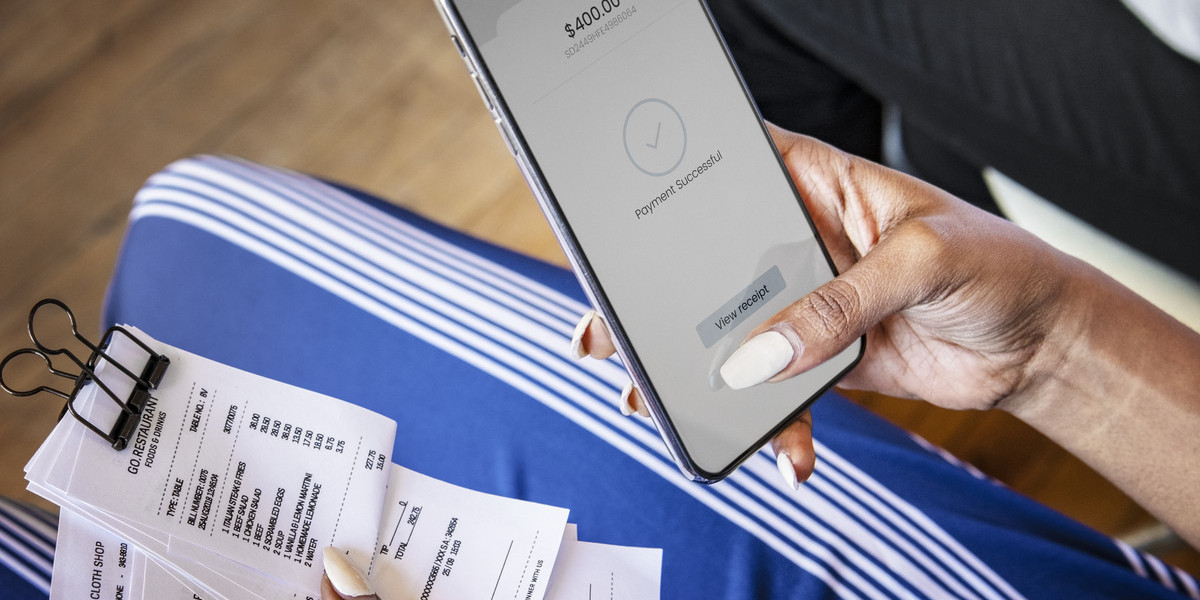Unlock the Secrets of Your Pregnancy: Discover Your Stage by Just Knowing Your Due Date!
Understanding the different stages of pregnancy is crucial for expectant parents. It not only helps in tracking the baby's development but also prepares parents for the emotional and physical changes ahead. A due date calculator can be an invaluable tool in this journey, allowing parents to pinpoint their current stage based on the expected due date. By entering relevant information, such as the date of their last menstrual period, parents can gain insights into the various phases of their pregnancy. This knowledge can enhance emotional support, making them feel more connected to their baby, and can also equip them with the necessary information for medical appointments and preparations. Knowing how far along you are can make all the difference in how you experience your pregnancy.

Understanding the Due Date Calculator
A due date calculator is a simple yet effective tool designed to estimate when a baby is likely to arrive. Most calculators utilize two common methods to determine the due date: the last menstrual period (LMP) method and ultrasound measurements. The LMP method involves counting 280 days from the first day of a woman's last menstrual period, assuming a regular 28-day cycle. This calculation provides a general idea of the due date but is based on the assumption that conception occurred approximately two weeks after the LMP. On the other hand, ultrasound measurements can offer a more precise estimation, especially if the menstrual cycle is irregular or if the date of the last period is uncertain. Ultrasounds measure the size of the fetus and compare it to standard growth charts, helping to confirm or adjust the due date as needed. By understanding how these calculators work, expectant parents can better navigate their pregnancy journey.
How to Calculate Your Pregnancy Stage
Calculating your current pregnancy stage using a due date calculator is straightforward. Start by entering the first day of your last menstrual period into the calculator. For instance, if your last period began on March 1, the calculator will estimate your due date to be around December 6. From this information, you can determine how far along you are in your pregnancy. If today is June 1, you would be approximately three months into your pregnancy, or in the second trimester. This method not only gives you a clear idea of your pregnancy stage but also helps you understand the developments that may be occurring in your body and your baby's growth. For added accuracy, consider consulting your healthcare provider for ultrasound dates, which can further confirm your current stage and due date.
Trimester Breakdown: What to Expect
Pregnancy is generally divided into three trimesters, each lasting about three months and marked by significant changes and milestones. In the first trimester, which spans from week one to week twelve, many women experience symptoms like nausea and fatigue. This is also when the baby's major organs begin to form, and by the end of this trimester, the fetus will have developed most of its essential systems. Moving into the second trimester, from weeks thirteen to twenty-six, many mothers report an increase in energy and a reduction in morning sickness. This stage is characterized by noticeable fetal growth, and by the end of this trimester, many parents can find out the baby's sex via ultrasound. Finally, the third trimester lasts from week twenty-seven until delivery. During this time, the baby continues to grow rapidly, and mothers may experience physical discomfort as their bodies prepare for labor. Understanding these trimesters can help parents anticipate what lies ahead and prepare for the various stages of pregnancy.
Common Questions About Pregnancy Stages
As expectant parents navigate their pregnancy, they often have questions regarding stages and due dates. A frequently asked question is, "Can my due date change?" Yes, due dates can be adjusted based on further ultrasounds or if the initial calculation was based on inaccurate information. Another common concern is, "What if I go past my due date?" It's important to note that only a small percentage of babies are born on their exact due dates; most arrive within a week or two before or after. Healthcare providers typically monitor the situation closely and may recommend additional assessments if a pregnancy extends significantly beyond the due date. Addressing these common concerns can alleviate anxiety and provide clarity during this exciting yet uncertain time.
Your Journey Through Pregnancy Stages
Understanding your pregnancy stage using a due date calculator is essential for both emotional and medical preparedness. By leveraging this tool, expectant parents can track their journey and gain insights into what to expect as their pregnancy progresses. Knowing how far along you are not only empowers you with information, but it also helps you to foster a deeper connection with your baby and prepares you for the upcoming changes. As you move forward in this beautiful journey, remember that being informed can help you feel more empowered and ready for the arrival of your little one.







